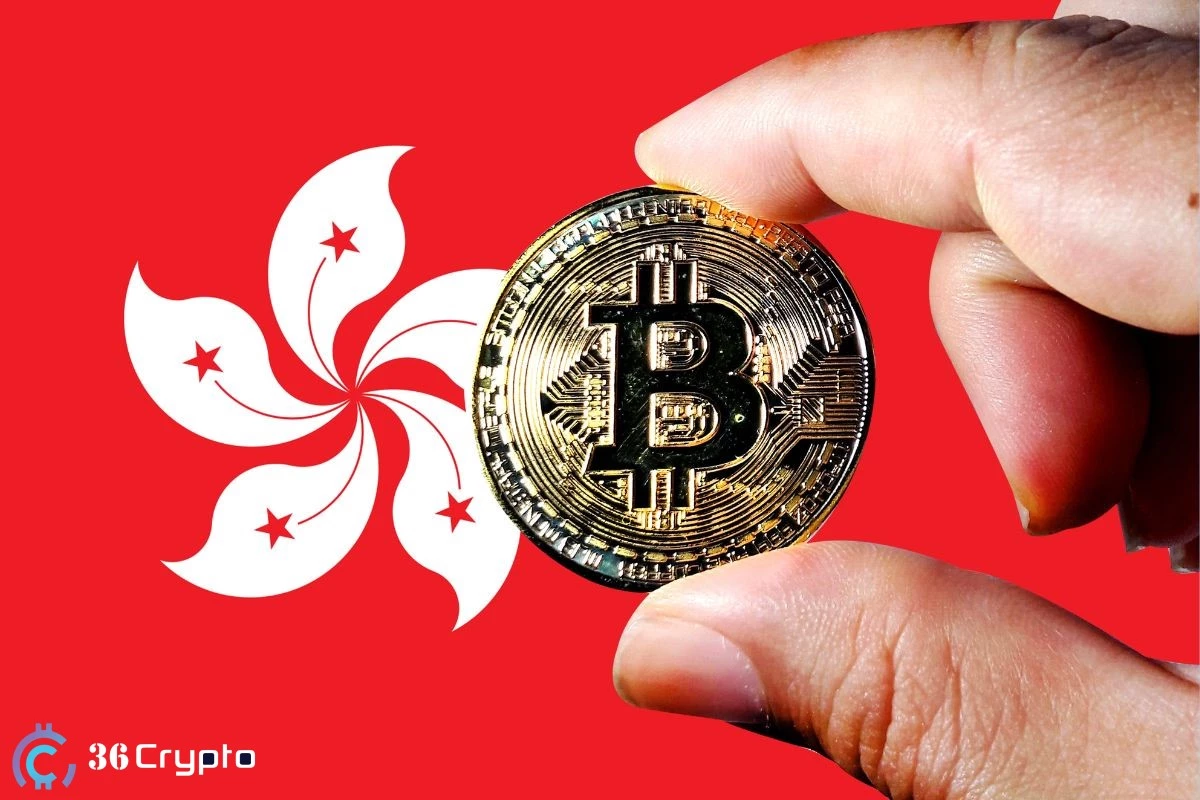Hong Kong legislator Johnny Ng has proposed incorporating Bitcoin into the city’s foreign exchange reserves to address its fiscal deficit. The current deficit exceeds 100 billion yuan ($13.7 billion), prompting the search for innovative solutions.
Ng, who chairs the Subcommittee on Issues Relating to the Development of Web3 and Virtual Assets, emphasized that Bitcoin could help preserve value in the city’s reserves. He highlighted that a significant allocation would be necessary to yield fiscal benefits.
Also Read: Ripple vs SEC: Could the Ripple ruling be reversed in the future?
Global Adoption and the Case for Bitcoin as a Reserve Asset
Ng’s proposal aligns with global trends, as smaller nations have embraced Bitcoin as a reserve asset and even adopted it as legal tender. Financial analyst Wu Jiezhuang noted that certain U.S. states have integrated Bitcoin into their reserves to diversify assets.
However, the popularity of using Bitcoin has increased over the years, and the market capitalization of Bitcoin stood at around $2 trillion, which is still less than the $20 trillion value attached to gold reserves across the globe.
Even though the market size of Bitcoin is relatively small, its value fluctuates at a very high rate. For his part, Wu noted that Bitcoin is very much exposed to its market environment, given that its price is very volatile.
The blockchain is inherently open to the public and vulnerable to speculative trading, which will likely plunge the value. However, Wu recognizes the ability of Bitcoin to add balance to the reserve portfolio whenever it is used appropriately.
Risks and Opportunities in Bitcoin Investment
Bitcoin’s potential as a reserve asset comes with risks, as its robust security against hacking does not prevent significant value declines. This means careful allocation is vital when investing in the stock exchange. Wu advised that governments prioritize larger, well-established digital currencies with high transaction volumes.
Bitcoin’s rise raises questions about its impact on traditional assets like gold and silver, as its low storage and transaction costs offer advantages over precious metals. Wu said Bitcoin could partially replace these traditional asset categories in the economic reserve.
However, he highlighted that Bitcoin’s current role is primarily confined to being a store of value, limiting its broader applications.
In conclusion, incorporating Bitcoin into Hong Kong’s reserves could offer opportunities and challenges. While its adoption may help diversify the city’s financial assets, carefully considering its risks is vital. The move would position Hong Kong within a growing global trend of integrating digital currencies into economic frameworks.
Also Read: XRP to Hit $15: Expert Predicts When, See Chart
